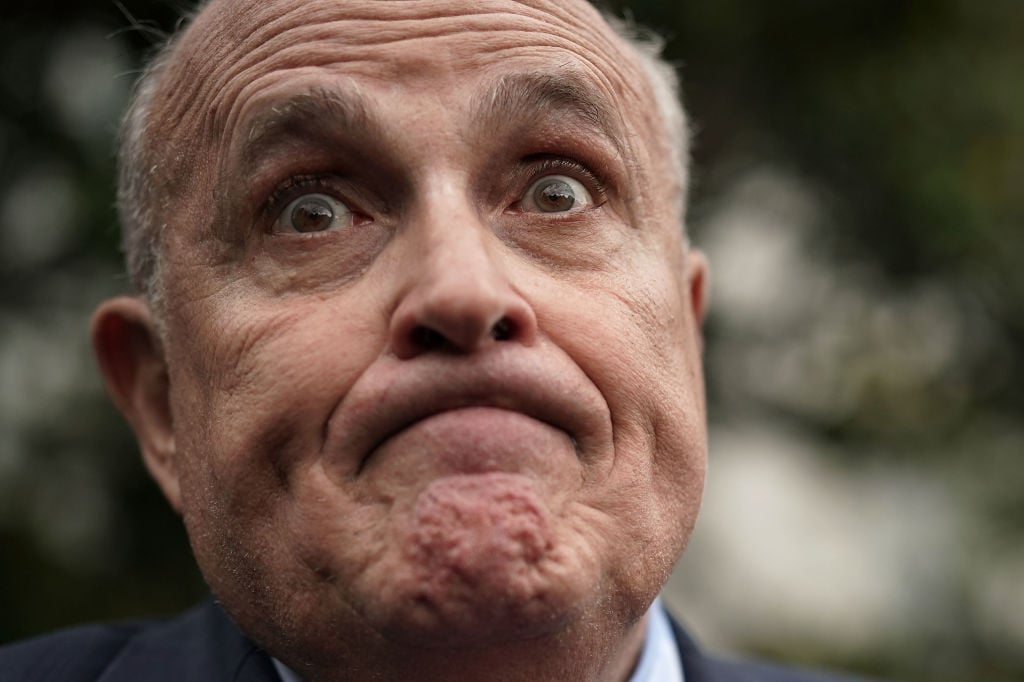
Last week, the National Industrial Hemp Council (NIHC) became the first hemp organization to receive funding from the U.S. Department of Agriculture’s Market Access Program (MAP) to export hemp and hemp products. MAP aims, in part, to encourage the exportation of U.S. agricultural commodities by assisting with the costs of overseas marketing and promotional activities but also by facilitating trade missions and meetings with foreign industry stakeholders and regulators.
According to recent reporting, the NIHC programs will focus on entering the European and Asian markets (with a focus on China and Japan), two of the leading sources of hemp in the world. In 2018, China led global markets in textiles with nearly 80 percent of the $1.7 billion hemp textile market. When it comes to Europe, annual spending on CBD products in the European Union is expected to total an estimated €8.3 billion (a midrange estimate) for 2020, and is projected to grow at a compound annual growth rate of 10.4 percent to reach €13.6 billion by 2025.
Therefore, it goes without saying that this MAP funding allocation to the NIHC is exciting news for the U.S. hemp industry. Nevertheless, the NIHC will need to overcome some significant regulatory challenges before it will manage to forge a clear path for U.S. hemp stakeholders, particularly for those interested in entering Europe’s hemp CBD ingestible market.
In 2019, the European Union revised its food catalogue and classified all new food products infused with the cannabis plant or its derivatives, including hemp-derived cannabidiol (hemp CBD), as a “novel food.” Pursuant to Regulation (EU) No 2015/2283, a “novel food” is any food that was not significantly used for human consumption within the European Union before May 15, 1997. As such, a novel food must be approved by the European Commission (the Commission) and the European Food Safety Authority EFSA) — the FDA’s European counterpart — before it can be lawfully marketed.
Although hemp extracts have been consumed for centuries in Europe, the EFSA held that there was no evidence that hemp-derived cannabinoids, including hemp CBD, were consumed prior to the 1997 date. Consequently, such products have had to undergo the Novel Food application process. This, however, held true until the Commission decided to pause its review of roughly 25 existing CBD novel food applications in mid-July, stating that CBD and other extracts derived from the flowering tops of the Cannabis sativa L. plant should be classified as narcotics under the U.N. Single Convention on Narcotic Drugs of 1961 (the Single Convention).
This preliminary position by the Commission has been strongly criticized and rejected by the European hemp industry. According to the European Industrial Hemp Association (EIHA), hemp and hemp-derived products are exempted from the scope of the Single Convention “whose authors made a clear distinction between Cannabis varieties grown for the production of drugs (falling under the scope of the treaties) and exempting those grown for any other purpose (i.e., low-THC varieties).”
Indeed, the original objective of the Single Convention was to limit the production, trade, and consumption of drugs with a high potential for abuse. Yet, in 2018, the Word Health Organization Expert Committee on Drug Dependence (ECDD) found that hemp CBD, which contains trace amounts of delta-9 tetrahydrocannabinol, has no psychoactive properties and exhibits no potential for abuse or dependence. As such, the ECDD recommended that the Single Convention be amended to exempt CBD, which is no small feat and unlikely to occur in the near future, for reasons worth discussing in another post.
If the Commission were to formally adopt this preliminary view on CBD and hemp extracts (the Commission has yet to confirm where it stands on this issue), it would not only prevent hemp CBD from being marketed in food products but would also likely destroy the nascent European CBD market. Moreover, such decision by the Commission could have dire consequences for the global hemp CBD market as 185 or so countries are signatories to the 1961 Convention. Of course, it will be up to these countries, including the United States, to determine whether CBD and other hemp-derived cannabinoids must in fact be treated as a drug or whether these cannabinoids should be exempt and treated as a lawful substance.
Nathalie practices out of Harris Bricken’s Portland office and focuses on the regulatory framework of hemp-derived CBD (“hemp CBD”) products. She is an authority on FDA enforcement, Food, Drug & Cosmetic Act and other laws and regulations surrounding hemp and hemp CBD products. She also advises domestic and international clients on the sale, distribution, marketing, labeling, importation and exportation of these products. Nathalie frequently speaks on these issues and has made national media appearances, including on NPR’s Marketplace. For two consecutive years, Nathalie has been selected as a “Rising Star” by Super Lawyers Magazine, an honor bestowed on only 2.5% of eligible Oregon attorneys. Nathalie is also a regular contributor to her firm’s Canna Law Blog.









 Kathryn Rubino is a Senior Editor at Above the Law, and host of
Kathryn Rubino is a Senior Editor at Above the Law, and host of 





